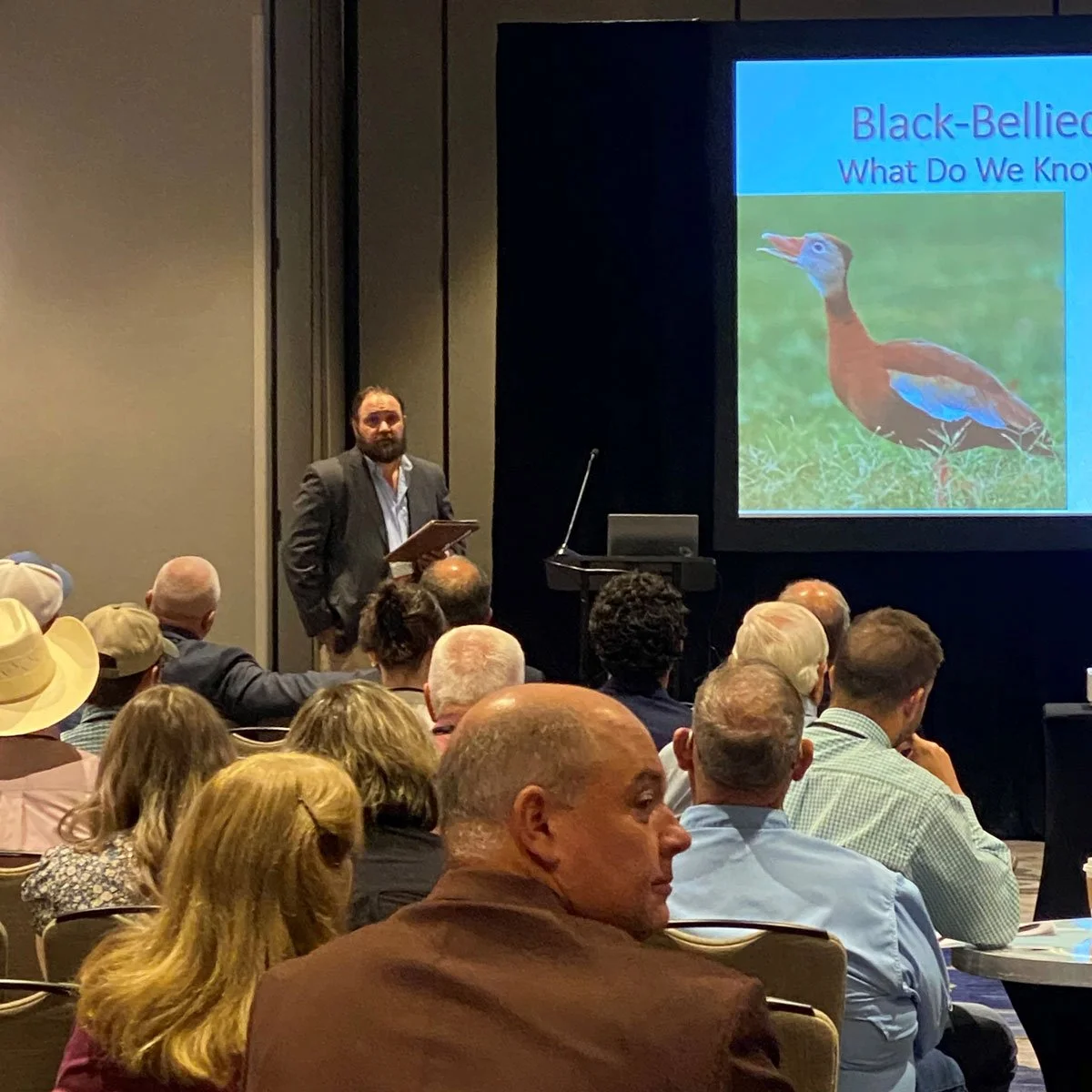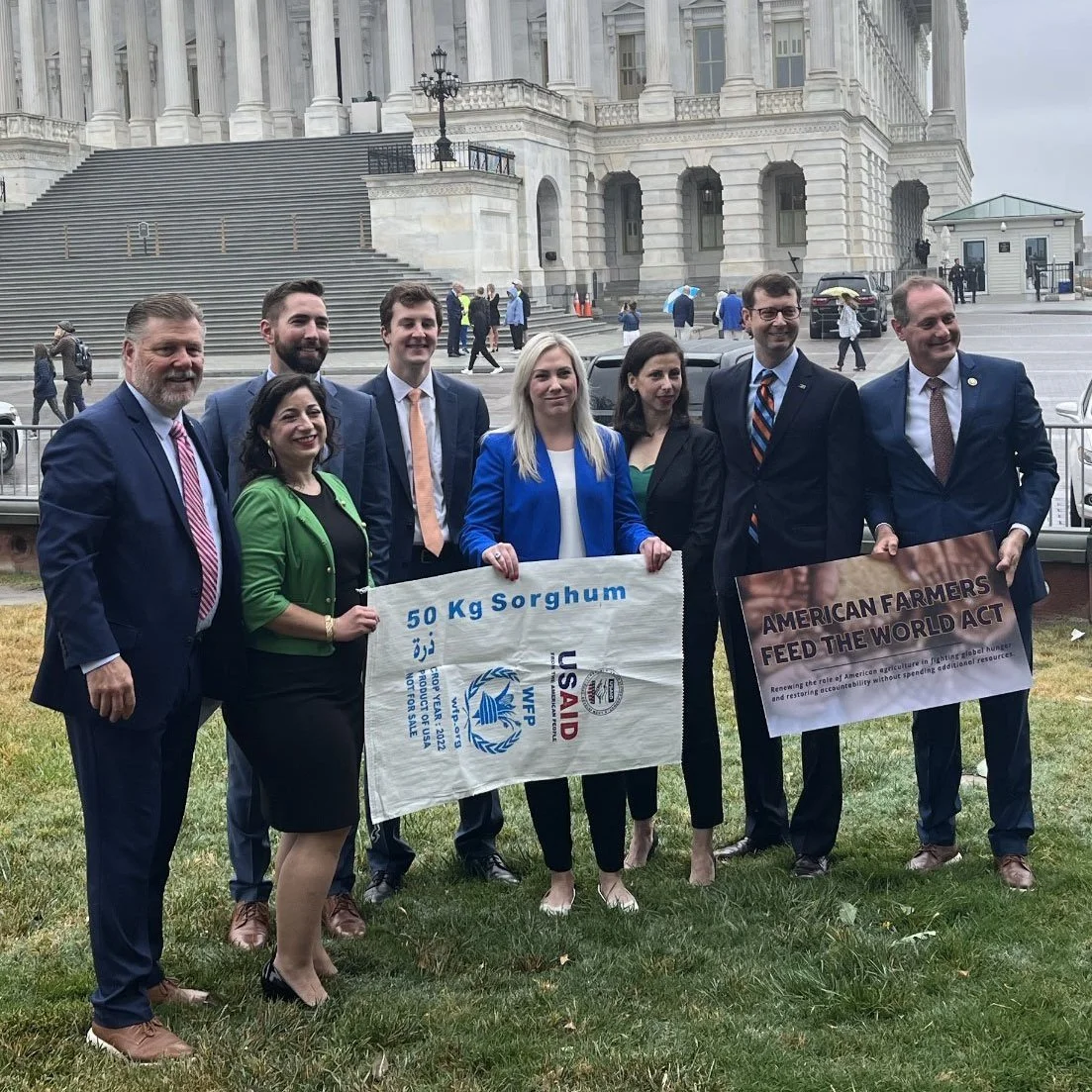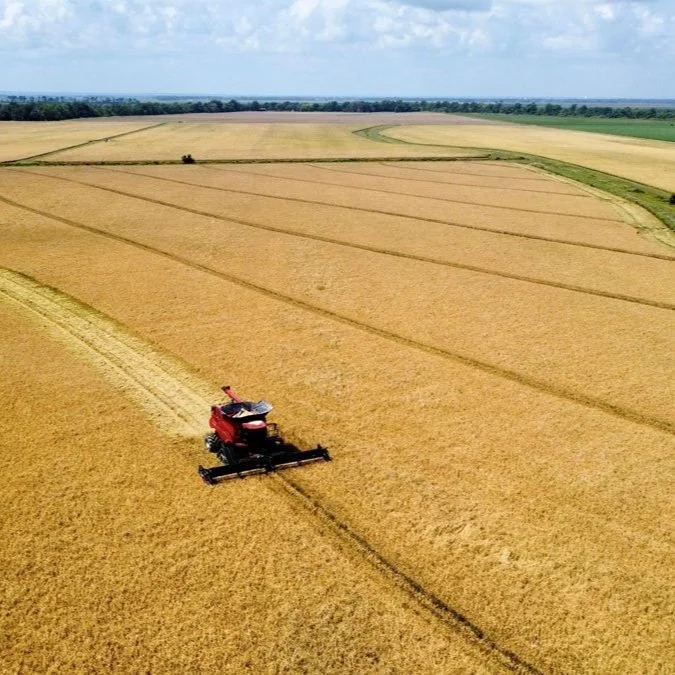Earlier this month, a small shipment of U.S. rice was exported and unloaded here by a private importer, marking one of the first commercial sales to Cuba in many years. In recent years, sporadic shipments of U.S. rice have made it into the country, but primarily on a charitable basis.
Read MoreHot and dry weather may limit the yields for some of Louisiana’s most important crops, though the full impact won’t be known until harvest, LSU AgCenter experts say.
Read MoreThe 101st Annual Convention of the Louisiana Farm Bureau (LAFB) took place last week, bringing together agricultural producers and industry representatives from across the state to discuss the importance of Louisiana agriculture and the challenges ahead.
Read MoreEarlier today, a bipartisan legislative effort to restore America’s role in international food aid was announced at a press conference on Capitol Hill. Representative co-leaders Tracy Mann (R-KS), John Garamendi (D-CA), Rick Crawford (R-AR), and Jimmy Panetta (D-CA) introduced the American Farmers Feed The World Act of 2023.
Read MoreThe Rice Production Program (RPP) application deadline is Monday, July 10, 2023.
The program was advocated for by USA Rice and is designed to offer assistance to rice farmers who experienced stagnant rice prices and record-high input costs during the 2022 crop year.
Read MoreAs anyone in South Louisiana knows, rice is a major part of one’s diet. It is the most widely consumed staple food for more than half of the world’s population, which continues to grow each year. With the production of rice increasing, so does the need for water to grow it. In order to not use up nature’s most precious valuable resource—water—one LSU College of Engineering professor is working with the LSU AgCenter to design a new variety of rice that will be able to withstand drought conditions, making rice production fruitful while not exhausting natural resources.
Read MoreNominate an outstanding consultant for the Rice Consultant of the Year Award. It is helpful to include background information about the consultant and support letters from people who know him or her.
Read MoreLouisiana State University Extension Entomologist Blake Wilson has two production scenarios: southwest fields where farmers rotate rice with crawfish and fields in the northeast part of the state where row crops dominate the acreage.
Read MoreSouth Louisiana Rail Facility’s new rice mill is expected to make its mark on SWLA’s rice industry.
“The whole area benefits from the economic gain the farmers are getting from this rice,” rail facility secretary treasurer, Kyle Todd, said.
Read MoreMore than a year ago, members of the rice community began working with Sen. John Boozman, ranking member of the U.S. Senate Committee on Agriculture, and his staff for an assistance program to alleviate skyrocketing fertilizer, fuel, and input costs. Now this funding has finally come to fruition with a $250 million Rice Production Program which was included in the Consolidated Appropriations Act that passed last winter.
Read MoreLSU AgCenter rice researchers are inviting producers and industry professionals to the H. Rouse Caffey Rice Research Station for its annual field day to be held here on Wednesday, June 28.
Read MoreAs the southwest Louisiana rice crop begins to gain momentum, growers and industry reps in the region joined researchers from the Louisiana State University AgCenter H. Rouse Caffey (HRC) Rice Research Station on Wednesday to hear early reports on the field variety trials in their perspective areas.
Read MoreThursday, the Supreme Court of the United States issued its long-awaited opinion in the case Sackett v. EPA, ruling in favor of the Sacketts – a significant victory for the agriculture and broader business industries. All nine Justices affirmed the decision through various concurring opinions.
Read MoreThe future is here and what sounds like the fevered dreams of science fiction writers is actually happening at leading rice research facilities today. All U.S. rice is GMO-free, however, the use of non-GMO DNA marker technologies has greatly improved the rice breeding process in recent years. USA Rice’s Dr. Steve Linscombe invited some of the leading minds in this work to discuss the technology on Episode 69 of The Rice Stuff, available now.
Read MoreRice is in trouble as the Earth heats up, threatening the food and livelihood of billions of people. Sometimes there’s not enough rain when seedlings need water, or too much when the plants need to keep their heads above water. As the sea intrudes, salt ruins the crop. As nights warm, yields go down.
Read More














